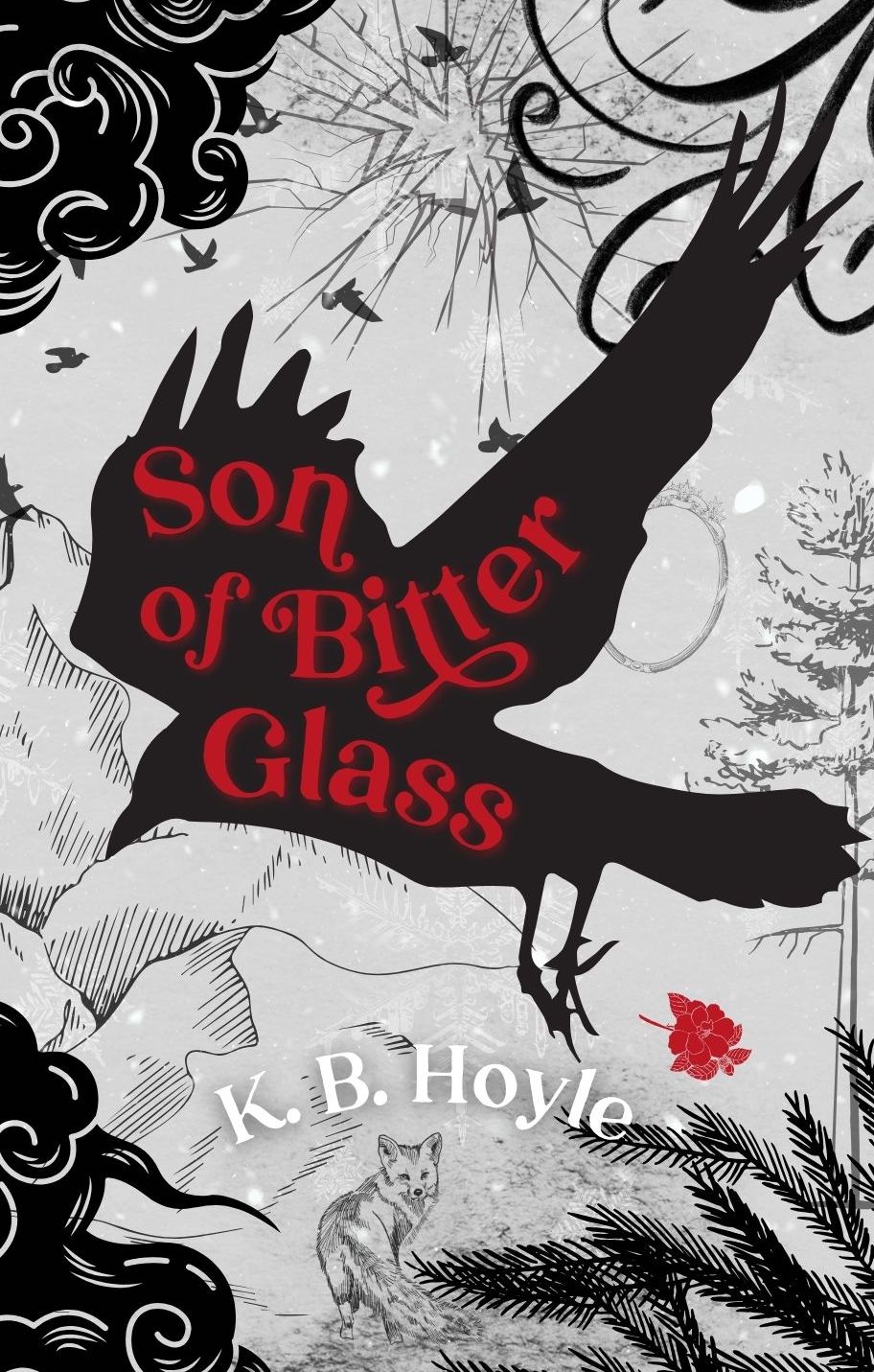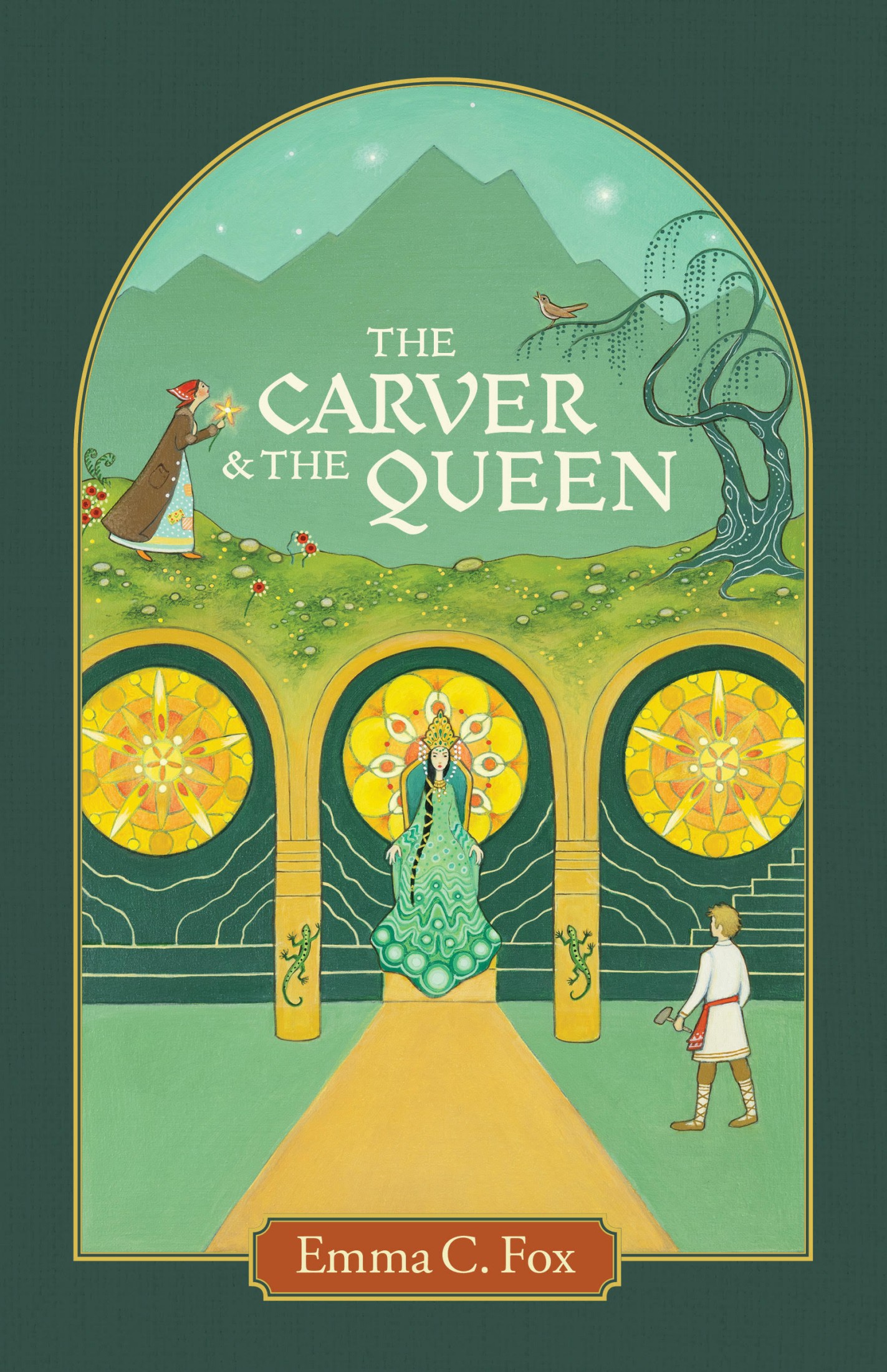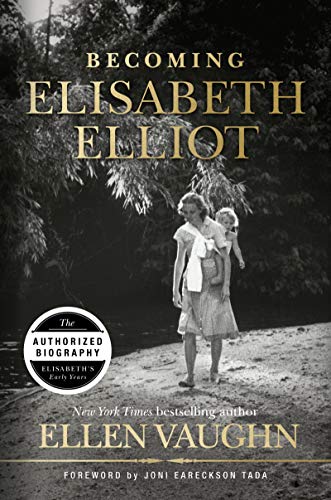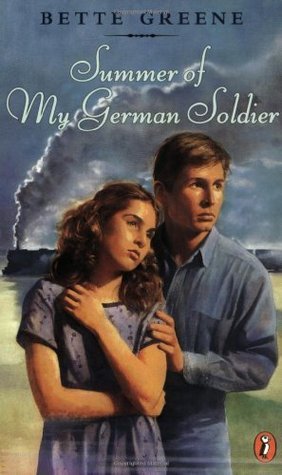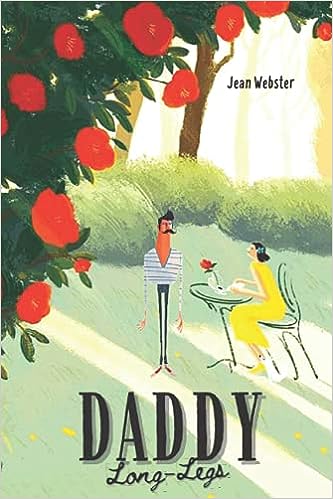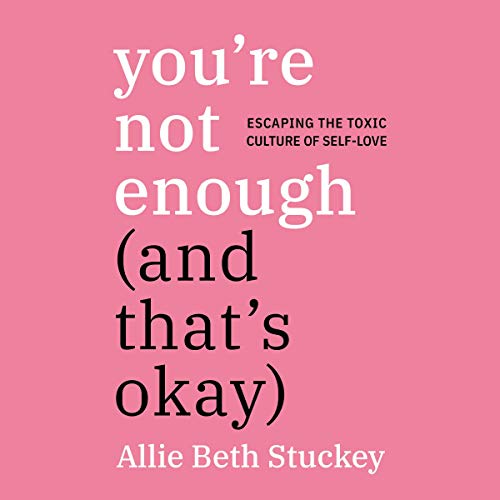A Prequel to Wrap Things Up
I often wonder why we need prequels. There are also times when I wonder why an author had to leave so many stinkin’ questions unanswered! These are reactions based off of my dual personality when it comes to books. Half of me reacts to a book based on my tendencies as a writer – I can see the benefit of not wrapping everything up neatly and putting the bow on top. There is a certain complexity and maturity that comes with taking the road less written in your work. However…as a reader, I am usually less than thrilled when my questions go unanswered or when my idea of a proper ending falls to the wayside.
That being said, I had mixed feelings about a prequel to The Hunger Games. Don’t get me wrong, Suzanne Collins is a wonderful writer. She hit the nail on the head with her classic dystopian series. However, I didn’t feel like I needed answers for the origins of the games and President Snow, although it certainly intrigued me and made me curious when the book was announced. Originally, I actually didn’t want to read the book. I didn’t care enough about the story to actually take the time to read it. After about a month though, a friend of my sister recommended that we read it. She had enjoyed it immensely and thought we would like it as well.
Fast forward two months and I read the book. I actually bought the book if you can believe that. There are only two times that I have bought a new book on a whim (only classics from the 1800-1900s and World War II books make it into my Barnes and Noble cart without my knowing much about them). York: A Map of Stars was one of the books, and The Ballad of Songbirds and Snakes was the other. I don’t necessarily regret buying the book…well I kinda do. But there’s more to how I feel about the book.
Ladies and Gentlemen…the 10th Hunger Games
Think about the U.S. after the Civil War. Can you find a more confused, unsure, and unstable time? Perhaps post-WWII Europe. According to an interview with Suzanne Collins, some of the tension in The Ballad of Songbirds and Snakes (especially at the beginning of the novel) is reminiscent of those time periods. Poverty is rampant – even among the most influential families in the Capital. This is to be expected: the civil war has hardly passed. It’s only been 10 years. That’s not enough time for a nation to put itself back together, let alone create a prosperous economy. Now imagine what life must be like in the Districts. Poverty can somewhat be kept quiet in the Capital (as we see done so cleverly by Coriolanus Snow, his cousin, and his grandmother), but not in the Districts. It appears that Katniss had it a little easy in The Hunger Games.
Coriolanus Snow is currently attending school. We see early on that he is conniving and manipulative. However, at least at first, he seems to have a mostly good heart. Still, much of his motivation for everything he does is selfish and self-protective. This attitude quickly progresses as he is chosen to be a mentor in the 10th Hunger Games. He receives the District 12 female tribute (surprise, surprise.) He quickly begins to use all means possible to keep his tribute alive (both before and during the games) and he stoops rather low. Snow lands on top? No, Snow scrapes for the top, drags to the top, kills for the top. Honor, privilege, and position are on the throne of Coriolanus Snow’s heart. We get a front row seat to see it destroy him.
A Question for Society
What is morality? What is humanity? These two questions permeate The Ballad of Songbirds and Snakes. Panem is a war-torn society that still rocks from the Dark Days of rebellion. Snow’s graduating class is presented with a problem to solve (somewhat figuratively, as they are only making suggestions of what they would do): how do you punish a nation for rebelling so completely against its government while grooming the next generation for complete obedience and servitude? The previous generation who fought in the war already created the Hunger Games. Now Snow’s class is given the chance to develop the Games (or something else entirely) even further. The conclusion is sickening.
In a way, Snow and his fellow students are not unlike young people in America today. They are presented with a problem and are asked how they feel about it, how they would respond. It produces a tendency towards vengeance and hatred. Sound familiar? We are watching this play out on our TV screens! Perhaps we won’t be locking America’s children in an arena to fight to the death as a spectacle while the nation watches in eager expectation, but there are dark days that loom ahead in our own future.
War is, at times, necessary, but is not the answer for every nation going through periods of civil unrest. There are times when nations perhaps would benefit more from dividing geographically over a situation. Would this not be a preferable alternative to slaughtering our young men and women? Those who do not know history are doomed to repeat it. Our own Civil War killed more than 600,000 of our people! We would do well to learn a lesson from The Ballad of Songbirds and Snakes. Less government is more, war is not always the answer, and vengeance satisfies no one.
Morality in a Dark Age
Violence again plays a big part in this novel. That should be no surprise. This is the Hunger Games after all. While the violence was not necessarily beyond the scope of the original series, I felt that it was more jarring, more emotionally unnerving. It is barbaric to a new degree. To see the utter depravity of man work in the minds of the characters is fascinating, yet depressing. We see the mental and emotional response of Snow throughout the book, which gives an interesting perspective and produces a fascinating character study. We find there is a tendency both in Snow and other characters to conclude that humanity has an animalistic tendency that must be curtailed in whatever way necessary. Snow at one point even shocks himself when he realizes that same brutal need for survival is within himself.
Vulgarity and obscenity was not present in The Hunger Games; however, it does make a small appearance here. Three uses of p— and 2 uses of h— actually surprised me, but it could have been much much worse. There was not much suggestive content, although through the entire book we see a budding romance grow and bloom. Some kissing takes place, but the road dead-ends there. This is encouraging because sexuality (and all its expressions) is quickly becoming a very very popular topic in the YA (library acronym for Young Adult or youth fiction) world. Still, while there is little language and little innuendo, there is much left to be desired with this novel.
The Plot . . . thickens?
I just peeked around the internet (especially goodreads.com) and was interested to see the polar opposite views on the plot/story line of The Ballad. Many felt that the book was really lacking. The plot was slow, drawn out, and there are way too many pages. Others felt this was the perfect origin story. I myself find it to be a mixed bag. Let’s break that down a bit!
First, the plot itself is at times a complete bore and an edge-of-your-seat thriller. I enjoyed the first third of the book (the 10th Hunger Games), slogged through the second third, and was saddened by the complete devolution of Snow’s character in the last third. The last two chapters in particular felt like a lightening speed finish to a book that, up until that point, took way too long to explain everything else that had happened. It felt inconsistent to say the least. The quality of the story almost can’t be compared to the original series, because it would do The Ballad an injustice. Also, we must in a way forgive the plot for being so dry at times. Suzanne Collins wrote an origin story for a character that we all know turned out really bad. So this became a character study Snow by narrating the mind and emotion of Snow.
This method of presenting Snow’s character was not completely productive. It’s an interesting way to write the story, and we all enjoyed it with Katniss in The Hunger Games; but it falls flat here. This story would have benefited from having a few characters chopped, 100-200 pages torn out, and the plot re-worked to create a faster pace. When doing such a character study, fewer words usually is more effective to make the point. I learned this quickly in my creative writing class this semester. My first project was between 4000-5000 words. It was wordy, prosy, and not super effective. However, my second project was only 1500 words and had a productive and extremely effective story line.
Second, while I didn’t feel the need for questions to be answered about Snow’s origins or who came up with the Hunger Games, I was still pleasantly surprised by the development of those answers. It was satisfying. In fact, that was the most satisfying portion of the book. Perhaps even the only satisfying portion of the book.
To Read, or Not to Read?
The Ballad of Songbirds and Snakes presents a God-less world. I am not speaking figuratively. There is no God. Perhaps a few mentions of prayer or looking to a higher power are referenced, but technically speaking God does not exist within this novel. It shows.
Violence is always a matter of importance in The Hunger Games novels. If the brutal killing and vengeful murders in the original series did not bother you . . . you might have a problem, but you probably won’t be bothered by this book either. However, when the level of violence is considered along with lacking plot-line, you may want to skip this book and stick with the originals alone.
Be my opinions as they may, I’m interested to hear what you thought about this book. Have you read it? If not, do you plan to? Tell me your thoughts in the comments below!
![]()
